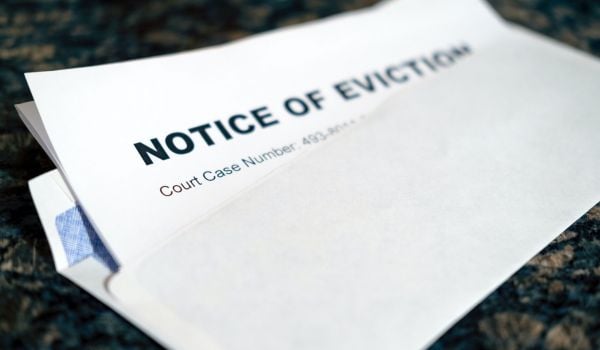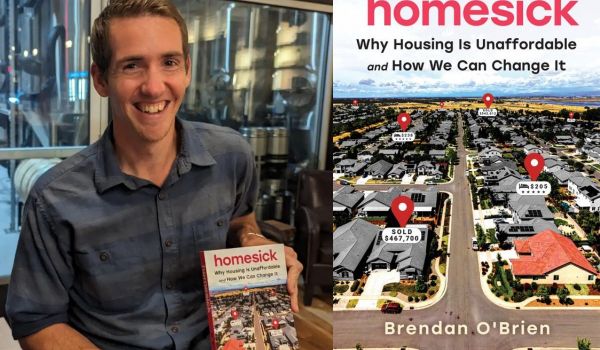When international human rights organization Unesco published its 2017 World Heritage in Danger list, it included cities like Aleppo and Damascus, both in Syria. It did not include the city of Venice — and while that exclusion probably seems logical from the U.S., it shocked many Italian locals. The reason: tourism run amok.
“In July and August it’s like war,” Paola Mar, who heads the city’s tourism bureau, recently told The Independent.
That might seem like hyperbole held up next to the likes of Aleppo — but the Italian city’s struggle is both real and difficult to address. Venetian services and infrastructure cost money, but tourists tend to see the historic urban landscape as part of the international public domain. Mar’s job, according to the paper, is to tread “a gossamer-thin line between the needs of a globalized world that thinks canalside selfies are a human right, and increasingly furious locals, protesting about being pushed out of their jobs, homes and city in favor of Airbnbs, souvenir shops and an incessant stream of people wearing cruise-ship stickers and following umbrella-toting guides.”
Venice isn’t the only city struggling with the dark side of a tourism boom, aided by several trends. American millennials, or so the story goes, prefer to collect experiences rather than things and are traveling in record numbers. And Chinese tourism is also on the rise, due to loosened travel restrictions and the rapid rise of a new middle class. Less anecdotally, a number of cities, including Brooklyn, New Orleans and Salt Lake City in the U.S. and the countries of Iceland and New Zealand, turned to tourism as a new economic staple in the last decade — in Iceland’s case, as a way to repair the damage done by the 2008 financial crisis.
But as CityLab pointed out earlier this month, Iceland’s eagerness for tourist dollars is swiftly being dampened by tourist behavior.
“The Icelandic public has been losing it recently over visitors’ bad behavior, sick of people who treat the country as some sort of fire-and-ice theme park where elves arrive to magically tidy up their mess,” Feargus O’ Sullivan wrote.
New Zealand has similar concerns. A new marketing campaign encouraging tourism brought 3.5 million visitors to the country in 2016, a 16 percent increase over the previous year, according to DW.com. More growth is projected through 2022. But between vehicle accidents and traffic congestion, locals worry about the inadequate infrastructure, as well as environmental damage caused by tourists living out their Lord of the Rings fantasies in ecologically sensitive areas.
Some cities and countries are designing policy solutions to discourage bad tourist behavior — and others are trying to discourage tourism all together, according to the New York Times. Following a scandal in which a number of tourists were deported from Cambodia for posing naked at sacred sites, the country began considering “a code of conduct that would ban not only nudity, but also the touching of ruins.”
“Bhutan, wary of uncontrolled tourism, is going further — it has restricted the number of tourism visas, curbed hotel construction and imposed a high tariff on tourism, all part of a strategy of ‘low-volume and high-value tourism,’” according to the paper.
In Venice, authorities are trying a different method: shaming.
From The Independent:
Things like swimming in the canals, attaching “love locks” to bridges, picnicking in public places and riding bikes through the city – which Mar says she’s seen personally – can now be met with hefty fines of up to €500. Equally, people are encouraged to keep to the right when walking, not pause on bridges, recycle, and buy from artisans rather than the trashy souvenir shops which many locals say are the final straw for the city.

Rachel Dovey is an award-winning freelance writer and former USC Annenberg fellow living at the northern tip of California’s Bay Area. She writes about infrastructure, water and climate change and has been published by Bust, Wired, Paste, SF Weekly, the East Bay Express and the North Bay Bohemian
Follow Rachel .(JavaScript must be enabled to view this email address)

_920_492_80.jpg)









